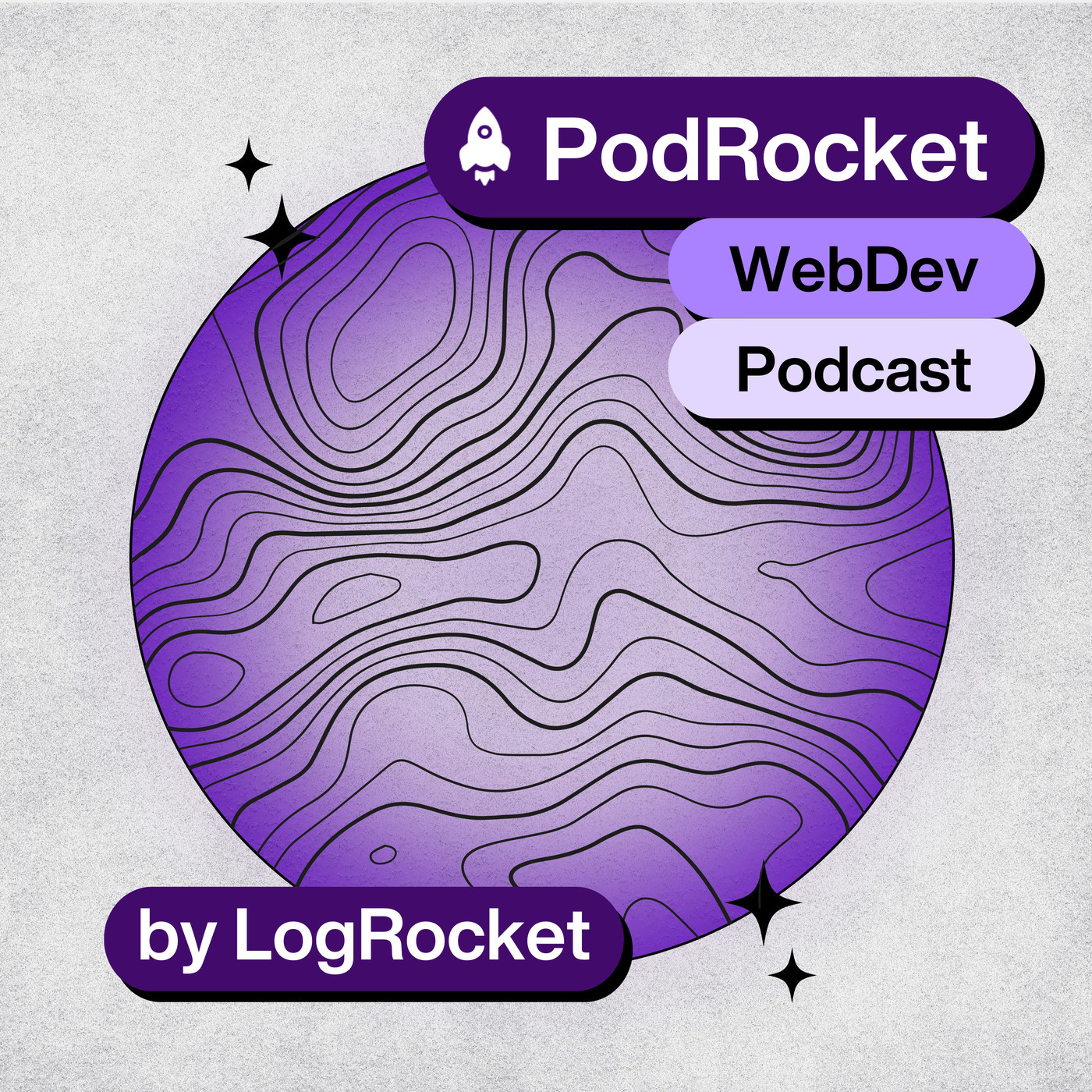
Gil Fink breaks down web rendering patterns including server side rendering, SSR, client side rendering, CSR, and static rendering, along with newer approaches like islands architecture, resumability, and hybrid rendering. The conversation explores tradeoffs around hydration, web performance, INP, CDN caching, and bundle size optimization, and compares frameworks like Next.js, TanStack Start, Astro, Qwik, and Remix to help developers make better decisions about React rendering strategies and overall application performance.

Russ Miles joins the show to unpack why developer platforms fail and how to rethink platform engineering through the lens of flow of value rather than factory-style developer productivity metaphors. Russ explains why every organization already has an internal developer platform, and why treating it as platform as a product changes everything. The conversation explores cognitive load and cognitive burden, how to design around strong feedback loops, and why the OODA loop mindset helps teams make better decisions closer to development time. They discuss the risks of overloading pipelines and CI/CD systems, the tension between shipping fast and handling security vulnerabilities in a regulated environment, and how to “shift left” without simply dumping responsibility onto developers. Drawing on lessons from Rod Johnson, the Spring Framework, TDD, and modern software engineering as described by Dave Farley, Russ reframes platforms as systems that support experimentation through the scientific method. The episode also touches on AI assisted coding, developer focus, and how thoughtful developer experience and DX surveys can prevent burnout while improving value delivery.

Rich Harris joins the podcast to discuss his talk, fine-grained everything, exploring fine-grained reactivity, frontend performance, and the real costs of React Server Components and RSC payloads. Rich explains how Svelte and SvelteKit approach co-located data fetching, remote functions, and RPC to reduce server-side rendering costs, improve developer experience, and avoid unnecessary performance overhead on mobile networks. The conversation dives into async rendering, parallel async data fetching, type safety with schema validation, and why async-first frameworks may define the future of JavaScript frameworks and web performance.

In this mini-panel, Jack, Paige, Paul, and Noel discuss how AI reshaping developer tooling is impacting open source monetization, including the recent Tailwind layoffs and the collapse of Tailwind documentation traffic caused by AI. The conversation expands into broader developer tooling business models and reacts to claims like Ryan Dahl stating that the era of humans writing code is over. They also cover the Astro Cloudflare acquisition, what it means for the Cloudflare developer platform, and how this shapes the frontend frameworks future. Hot takes include light mode vs dark mode SaaS, shifting developer aesthetics, and why AI productivity for developers may now come down to workflow design rather than raw coding skill.